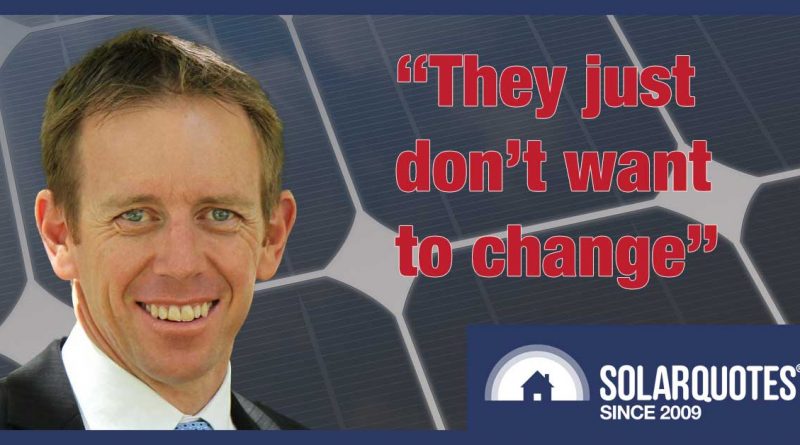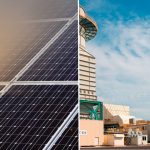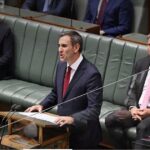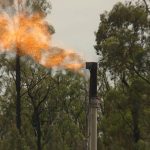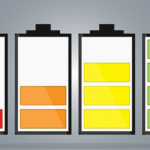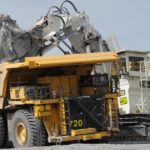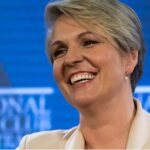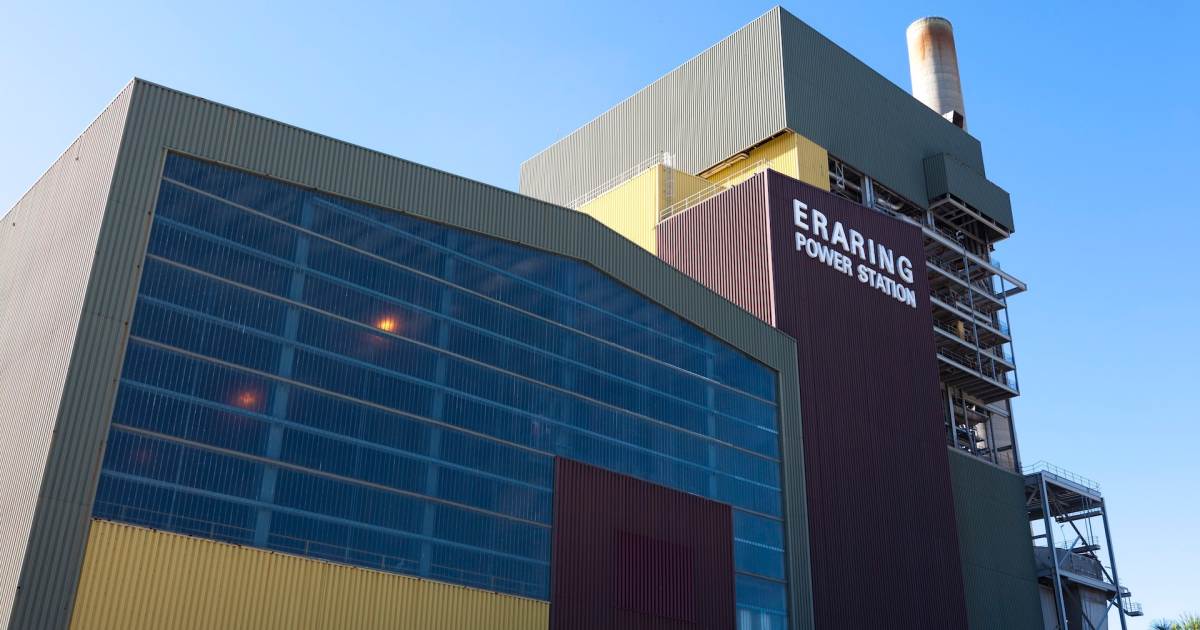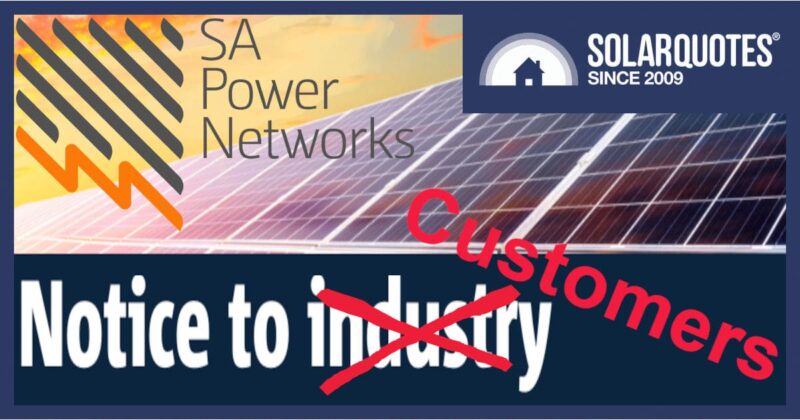Shane Rattenbury: The Federal Government Is Renewable Energy’s Problem
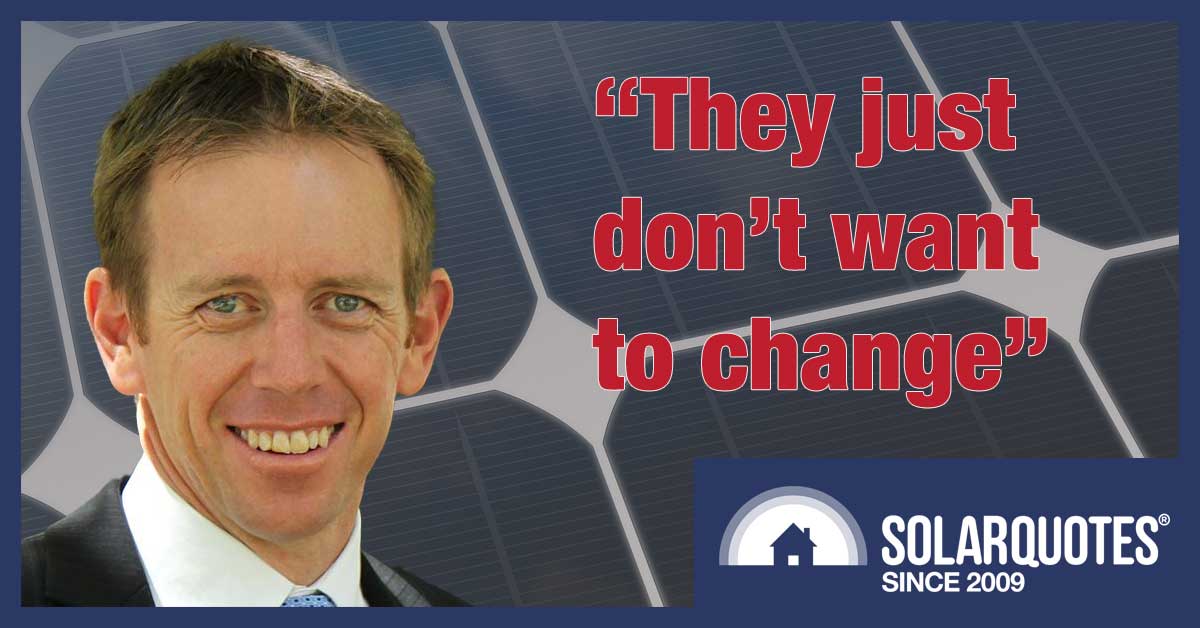
State energy ministers can rightly claim that they have acted well in advance of the Federal Government. But there remain worrying divisions between the states that could turn into faultlines.
Last week’s Smart Energy Council Energy Ministers’ Summit (archived here) provided plenty of scope for unity, but agreement wasn’t quite as solid as it could be.
(Caveat: there’s a reason relatively few voices dominate this story. Only three ministers were on hand for the Q&A session following their prepared statements. NSW and Victoria sent prepared videos by Matt Keane and Lily D’Ambrosio respectively; and South Australia’s minister spoke in person but couldn’t hang around. Federal minister Angus Taylor didn’t even send a prepared video.)
It’s a time when solidarity is vital. ACT Minister for Climate Change and Sustainability Shane Rattenbury highlighted the threats that confront renewable energy’s immediate future in Australia: the Federal Government’s actions, its support for gas, and a market that offers an apparent “last window” for gas investment.
Here’s what he had to say about gas:
“It does seem from the work that’s coming through that there’s a window, about the next eight years or so, where gas has the potential to be very profitable. We’re very concerned about that – the way the government is constructing its post-COVID committee and the agenda around that, it does seem gas is going to get a real push.
“Once people have made the investments, they will fight like hell to protect that investment.”
And that, Rattenbury said, puts gas interests in the position of becoming “another vested interest” with the power to drive policy in this country.
‘They Don’t Want To Change’
On federal indifference to greening Australia’s electricity supply, Rattenbury was asked what was keeping emission reductions from being at the centre of energy policy.
“Three-word answer: the Federal Government.
“They just don’t want to change, they would not put this into the national electricity objectives.”
Nothing gets onto the national agenda if Angus Taylor doesn’t want it there, he added.
And there, at least, he had in-person support from Queensland’s Minister for Natural Resources, Mines and Energy, Anthony Lynham.
“A barrier has been, as my colleagues have alluded to, the barrier has been the Federal Government. We’d dearly love to have a Federal Government come with the states on our journey towards renewable energy.
“We hope we can convince the Federal Government: This is the goal of our entire nation. Come with us on the journey to renewable energy. Don’t be a barrier to renewable energy investment.”
As the cool kids say, Lynham “said the quiet bit out loud”: while Malcolm Turnbull was leader, there was (admittedly protracted) negotiation over the NEG.
“My biggest regret is that I did come into a period where Malcolm Turnbull was just removed, and the Federal Government completely changed.
“It became very difficult to engage.”
Lynham conceded it’s possible that the states might have got the Federal Government back on board, but:
“Some of the messaging makes it difficult to see that they have a clear vision for the nation’s future when it comes to renewable energy.”
While touting his own state’s success in achieving 100% renewable energy, and its plan supported by the Marinus Link cable to the mainland, Tasmania’s Guy Barnett mounted a defence of Angus Taylor, saying the Federal Government was showing leadership through support for such activities.
While the state ministers might have run way ahead of the Federal Government in terms of renewables in both policy and deployment, it’s not hard to spot the party lines splits – with the exception of Matt Keane, Liberal states are the most forgiving of the Federal Government (and Keane is, after all, without the burden of covering mining like his Queensland, WA and SA peers are – so defending his state’s support for unconventional gas is someone else’s problem).
Gas And Hydrogen
Everybody agreed with Rattenbury and Lynham that renewables have to displace gas if Australia is meet its fair share of global emissions reduction – but Western Australia’s Minister for Mines and Petroleum; Energy; Industrial Relations Bill Johnston (I suppose that’s a legitimate use of semicolons) made it clear that whatever happens onshore, gas export is sacrosanct.
“When we have discussions about global energy flow, it has to be done from the point of view of emerging countries’ rights to make their own decisions”, he said.
“Most gas that’s produced in WA is exported,” he said, because “there’s a customer that wants that gas.”
The gas will always be produced somewhere until there’s no more demand, he stated.
Let’s hope the move towards hydrogen works as well as its advocates (from Chief Scientist Alan Finkel down) believe it will, because since hydrogen is exportable, WA will support that development.
To be fair, nearly everybody wants in on the hydrogen hustle: Johnston, Queensland’s Lynham, South Australia’s Dan van Holst Pellakaan, and Tasmania’s Guy Barnett all agree that the state they represent has the chance to lead the country in gas production!
Still, having enough interest for competition has to be a good sign in what’s so often a dismal political landscape.
Rattenbury said the ACT would be in the lead as a consumer, were it not for the COVID-19 crisis: its hydrogen-powered buses are with Hyundai in Sydney, but the international experts who were going to come from America to help get the fuelling station built couldn’t travel.
Original Source: https://www.solarquotes.com.au/blog/rattenbury-renewables-government/

